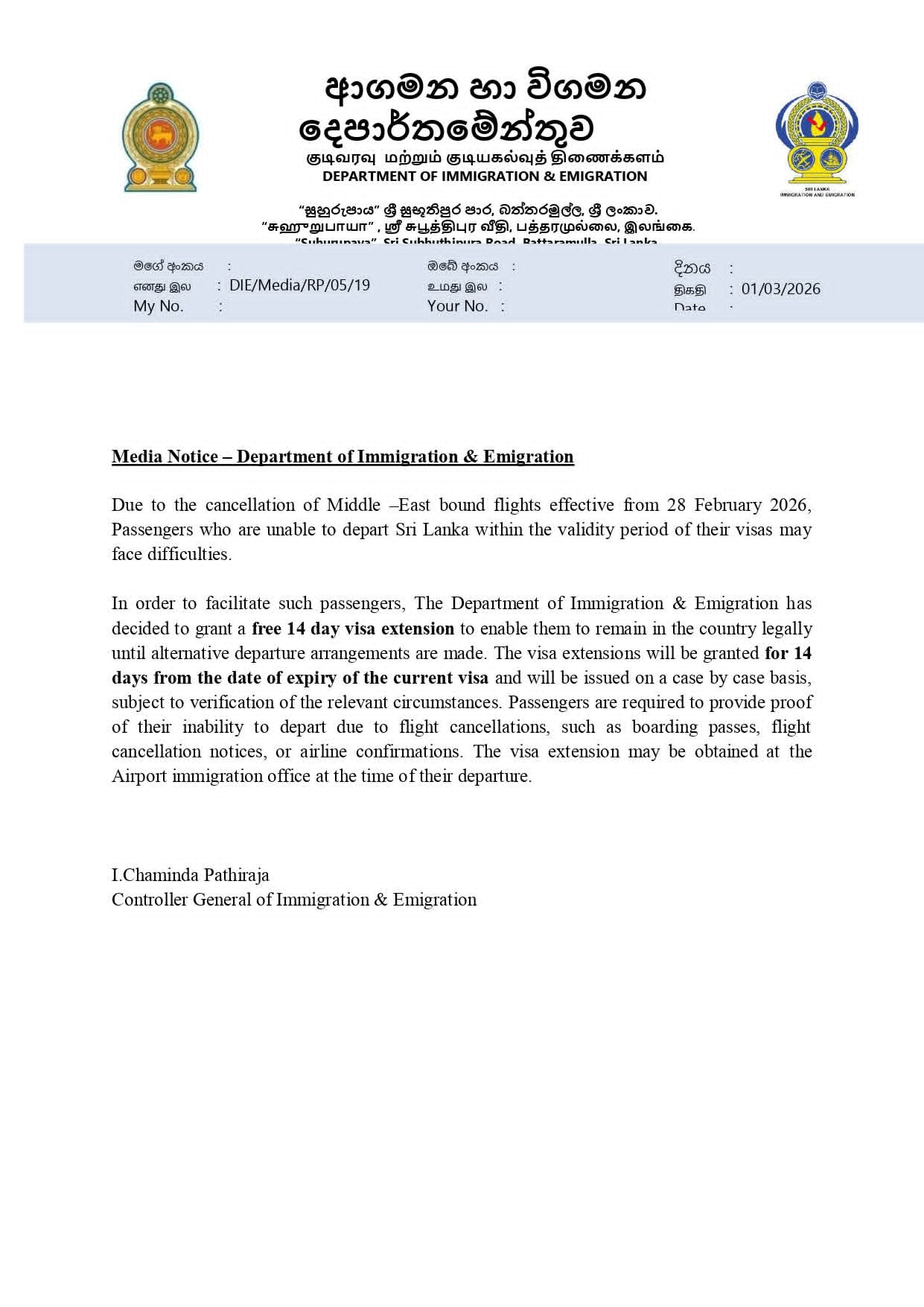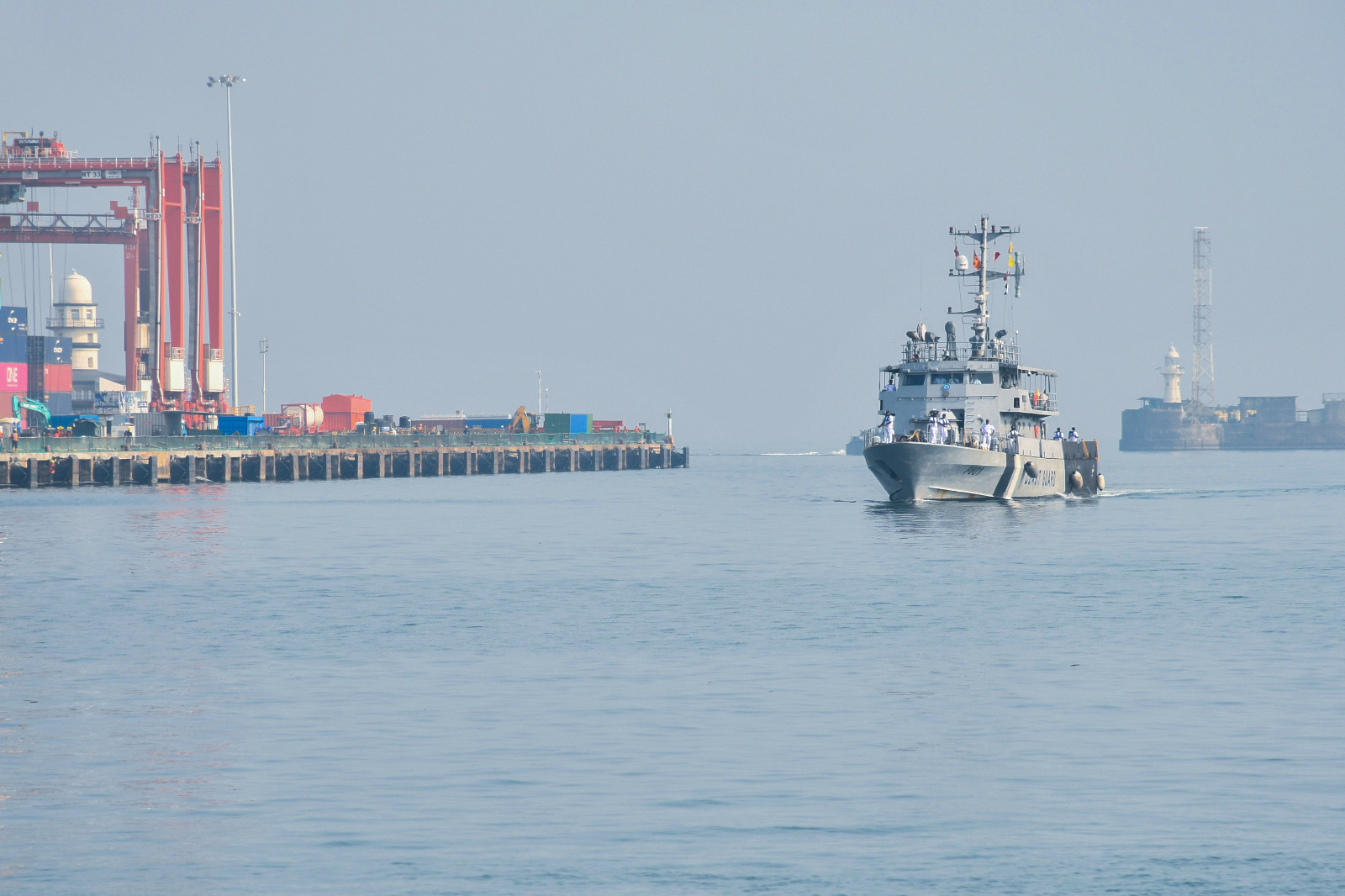News
Indonesia’s bid to woo investors complicated by ‘sex ban’ code

Medan, Indonesia– For years, Indonesia has strived to present itself as a welcoming investment destination, to rival neighbours Vietnam and Malaysia.
In 2016, during his first term in office, Indonesian President Joko “Jokowi” Widodo announced the opening up of dozens of industries to foreign investment in what he termed a “big bang” of economic liberalisation.Six years later, the Southeast Asian country’s controversial new criminal code – which has been blazed across international headlines, since its adoption earlier this month, due to its ban on sex outside of marriage – is raising questions about Jakarta’s commitment to fostering an open and welcoming business environment.
In Indonesia, opinion remains divided on whether the revised criminal code, which includes prohibitions on blasphemy, cohabitation, sorcery and insulting the government, helps or hurts Jakarta’s sales pitch to the world.
The Indonesian Employers Association (APINDO) has raised concerns about several sections of the code, including penalties for corporate crime, that will have a “broad impact”, and the recognition of customary law.
“For the business sector, the implementation of this customary law shall create legal uncertainty and make investors reconsider investing in Indonesia,” APINDO said in a statement provided to Al Jazeera.
APINDO also said the ban on non-marital sex will “do more harm than good, especially for the business sector engaged in tourism and hospitality”.Other industry figures have brushed off such concerns.
“Currently the government is still implementing the new criminal code. Of course, there will be some pros and cons, but there will be a three-year period before it is applied in real life,” Clement Gultom, Managing Director of Boraspati Tour and Travel, in Medan, told Al Jazeera.
“As such, I am more inclined to choose not to be aggressive towards the new criminal code,” Gultom said, adding that lawyers and activists could apply for a judicial review of the code, through the Supreme Court, if necessary.
Khairul Mahalli, Chairman of the North Sumatra Chamber of Commerce and Industry, expressed similarly upbeat sentiments.
“The function of the government is as a regulator and the function of businesses is as an operator,” he said. “We need to support the government and make sure that the new laws are coordinated at all levels of governance.”
Mahalli said bodies, such as the Chambers of Commerce, would be instrumental in connecting foreign businesses, with local partners, and ensuring the smooth continuation of businesses, after the code comes into effect.
“For now, the world of business, in Indonesia, has not been affected and is a world of opportunity,” he said.
The revised code – a complete overhaul of the code from 1918, when Indonesia was a Dutch colony – had been controversial for years, before its passage, sparking nationwide protests, in 2019. Then, as now, critics feared it would violate basic human rights and erode Indonesia’s democratic freedoms.The changes come as Indonesia has been making strides in its bid to attract investment, which includes a target of attracting $89bn in foreign investment next year.
Indonesia’s foreign direct investment (FDI) rose 63.6 percent, on a yearly basis, in the third quarter of 2022, hitting $10.83bn, according to the Investment Minister, Bahlil Lahadalia.China, Japan and Singapore were the biggest sources of investment, which was mainly driven by the development of resources processing – part of the country’s wider strategy to add value to its minerals.
Some environmental activists have suggested the revised code, far from dissuading investors, will embolden those who wish to exploit fragile ecosystems.Arie Rompas, a campaigner at Greenpeace Indonesia, said he believed the code had been ratified for the benefit of foreign investment and to silence critical voices.
“Investors will be happy because articles on environmental crime have been made easier, which is to say that environmental crimes have been made more difficult to prove in Court,” Rompas told Al Jazeera.
Rompas said many of the new laws, that critics say will restrict dissent and protest, are likely to be used against those who criticise foreign investment, particularly projects that threaten the environment.
“The potential for criminalisation actually threatens local communities and activists if they protest or criticise projects, considered strategic by the government, in cooperation with outsiders,” he said.
“This criminal code was designed to strengthen the spirit of colonialism’s legacy of exploiting natural resources, damaging the environment and silencing critical voices in civil society.”
The new criminal code places restrictions on “organising a march, rally or demonstration” and includes penalties of up to six months in prison for anyone found to have caused “a disturbance to the public interest, trouble, or riots in the community”.Other articles make insulting public authorities, and state institutions, a crime, punishable by up to 18 months in prison.
Usman Hamid, Director of Amnesty International Indonesia, said the Batang Toru Dam project, a $1.6bn China-funded hydropower business, run by Jakarta-based PT North Sumatra Hydro Energy, is an example of the kind of projects the government hopes to protect with the criminal code.The project, which began in 2017, has been controversial, from the start, due to what activists say is the threat it poses to the local Tapanuli orangutan population. Source: Al Jazeera
Latest News
Free 14 day visa extension for visitors unable to depart Sri Lanka

The Department of Immigration and Emmigration has decided effective from 28th February 2026, to grant a free fourteen (14) day visa extension to all tourists who are unable to leave Sri Lanka due to flight cancellations. 
News
Maldives Coast Guard Ship Huravee arrives in Colombo

The Maldives Coast Guard Ship Huravee arrived at the Port of Colombo for replenishment purposes on 02 Mar 26. The visiting ship was welcomed by the Sri Lanka Navy (SLN) in compliance with time-honoured naval traditions.
The ship is a 48.9m long Offshore Patrol Vessel which is commanded by Lieutenant Colonel Ahmed Nafiu Mohamed.
Meanwhile, the ship’s crew is scheduled to visit several tourist attractions in the city of Colombo, during their stay in the island.
News
AKD warns of far reaching economic consequences of Middle East war

President Anura Kumara Dissanayake yesterday called for an immediate and peaceful resolution of the escalating Middle East conflict, warning that the crisis could have far-reaching repercussions on the global economy, including Sri Lanka.
Addressing Parliament, the President stressed that no military conflict benefited humanity, particularly at a time when destructive military technologies were rapidly advancing.
“Any military conflict does not create a favourable situation for any group of people,” he said, urging all parties to make urgent commitments towards peace. “As Sri Lanka, our position is that all parties involved in this war must, as soon as possible, take steps toward a peaceful world.”
He cautioned that Sri Lanka could not remain insulated from the fallout from the conflict, noting that disruptions to global oil and gas supplies, threats to migrant workers in the Middle East, and potential shocks to tourism, remittances, shipping and aviation were real concerns.
A national programme was being formulated to mitigate the impact, he said, adding that its success would hinge on broader international efforts to restore stability, the President said.
Acknowledging public anxiety shaped by past economic hardships, President Dissanayake said social stability could not be ensured through rhetoric alone but required tangible guarantees that citizens would not face another crisis.
While noting that the government had successfully navigated multiple challenges since assuming office, he described the Middle East situation as distinct due to the uncertainty surrounding its duration and outcome.
The government, he said, was closely monitoring developments. The Central Bank had conducted a review with a report on the likely economic impact expected shortly. The Ministry of Finance is also preparing an assessment of the potential effects on public life, alongside measures to ensure the uninterrupted provision of essential services locally and for Sri Lankans overseas.
“The primary responsibility for finding a path out of the crisis rests with the Government,” he said, calling on Parliament and the public to collectively confront the challenge under a unified national plan.
Providing a detailed account of the country’s energy reserves, the President said storage capacity rather than supply remained the key constraint. Excluding the Indian Oil Corporation tanks in Trincomalee, total storage capacity at Kolonnawa and Muthurajawela stands at approximately 150,000 metric tons.
Diesel stocks were currently sufficient for 33 days, with refining contributing around 1,800 metric tons daily. Petrol reserves will last 27 days, with a 35,000 metric ton shipment due on March 7 or 8 expected to extend availability to around 40 days.
Aviation fuel stocks are adequate for 49 days, supported by both daily refining and imports. Scheduled shipments include vessels from RM Parks on March 14, Sinopec on March 17, IOC on March 21 and the Ceylon Petroleum Corporation on March 28.
Crude oil supplies were sufficient to operate the refinery for 26 days, with an additional shipment expected to extend operations by a further 18 days, the President said.
“Because of this, there is no crisis regarding oil,” the President assured Parliament.
-

 Opinion5 days ago
Opinion5 days agoJamming and re-setting the world: What is the role of Donald Trump?
-

 Features2 days ago
Features2 days agoBrilliant Navy officer no more
-

 Features5 days ago
Features5 days agoAn innocent bystander or a passive onlooker?
-

 Features6 days ago
Features6 days agoRatmalana Airport: The Truth, The Whole Truth, And Nothing But The Truth
-

 Opinion2 days ago
Opinion2 days agoSri Lanka – world’s worst facilities for cricket fans
-

 Business6 days ago
Business6 days agoIRCSL transforms Sri Lanka’s insurance industry with first-ever Centralized Insurance Data Repository
-

 Business5 days ago
Business5 days agoAn efficacious strategy to boost exports of Sri Lanka in medium term
-

 Features3 days ago
Features3 days agoOverseas visits to drum up foreign assistance for Sri Lanka













